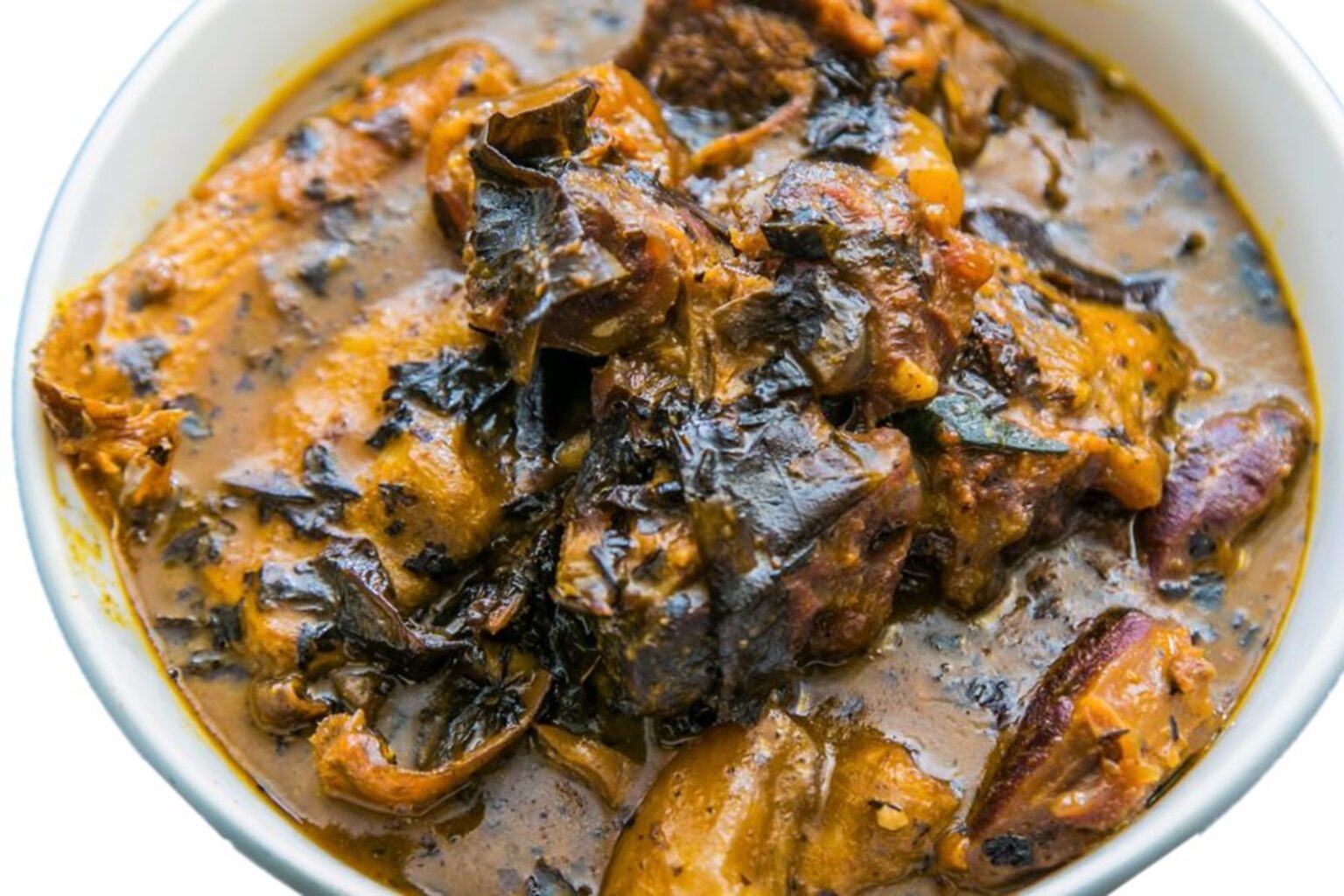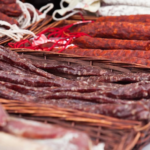Nigerian cuisine is renowned for its diverse and flavorful dishes, and Oha Soup is no exception. Hailing from the southeastern part of Nigeria, particularly among the Igbo people, Oha Soup is a beloved traditional soup that offers a comforting and delightful culinary experience. This hearty soup showcases the rich flavors of Oha leaves, complemented by an array of aromatic spices and ingredients.
Origins and Cultural Significance
Oha Soup holds deep cultural significance among the Igbo people of Nigeria. It is often prepared for special occasions, gatherings, and celebrations. The soup is cherished for its flavorsome taste, as well as its nutritional value, making it a popular choice for both everyday meals and festive feasts.
The Key Ingredient: Oha Leaves
At the heart of Oha Soup are the vibrant and aromatic Oha leaves, also known as ora leaves. These leaves are harvested from the Oha tree, a tropical tree found in the region. Oha leaves have a distinct flavor profile, characterized by a slightly bitter taste and a nutty aroma. When cooked, they release a unique earthy fragrance that adds depth and richness to the soup.
The Preparation
To prepare Oha Soup, a variety of meats can be used, such as beef, goat meat, or assorted meats like cow tripe and cow foot. These meats are usually cooked until tender and infused with a blend of spices, including traditional Igbo spices like uziza seeds and utazi leaves, which contribute to the unique flavor profile of the soup.
Next, the Oha leaves are washed and chopped into small pieces. They are then added to the pot, along with other vegetables such as sliced onions and shredded ugu (fluted pumpkin) leaves. The combination of Oha leaves and ugu leaves creates a wonderful balance of flavors and textures in the soup.
Additional seasonings, such as ground crayfish, palm oil, and stockfish, are added to further enhance the taste. Some variations of Oha Soup may also include ingredients like ogiri (a fermented locust bean condiment) or ogbono (wild mango) seeds, adding additional depth and richness to the soup.
The Taste Experience
The first spoonful of Oha Soup is a journey of flavors. The bitterness of the Oha leaves is balanced by the richness of the meats and the mild sweetness of the palm oil. The combination of spices and seasonings infuses the soup with layers of complexity, creating a robust and savory taste. The ugu leaves add a pleasant chewiness, while the Oha leaves provide a unique nutty undertone that distinguishes this soup from others.
Serving and Accompaniments
Oha Soup is typically served hot with a side of fufu, pounded yam, or eba (cassava dough), which are traditional Nigerian staple foods. These starchy accompaniments provide a perfect balance to the flavors and textures of the soup. Some people also enjoy Oha Soup with rice or boiled plantains, depending on personal preferences.
Nigerian Oha Soup is a testament to the richness and diversity of Nigerian cuisine. With its distinctive blend of flavors and the comforting taste of Oha leaves, this soup offers a unique and memorable dining experience. Whether enjoyed during festive occasions or as a comforting meal at home, Oha Soup is sure to warm both the body and the soul. So, if you find yourself in Nigeria or have the opportunity to try Nigerian cuisine, don’t miss the chance to savor the leafy delight of Oha Soup.








